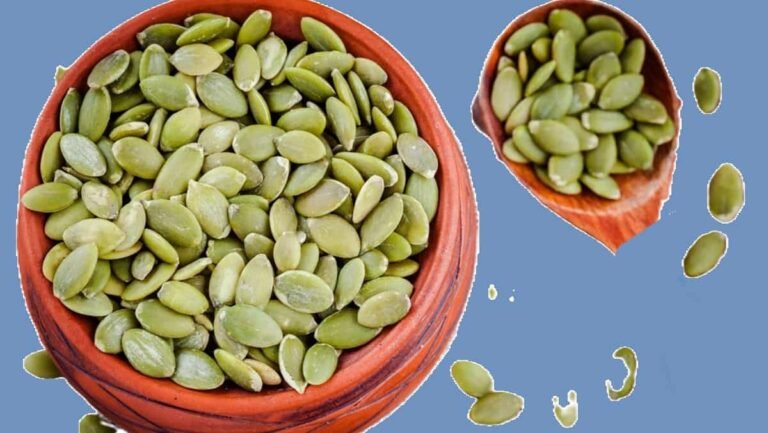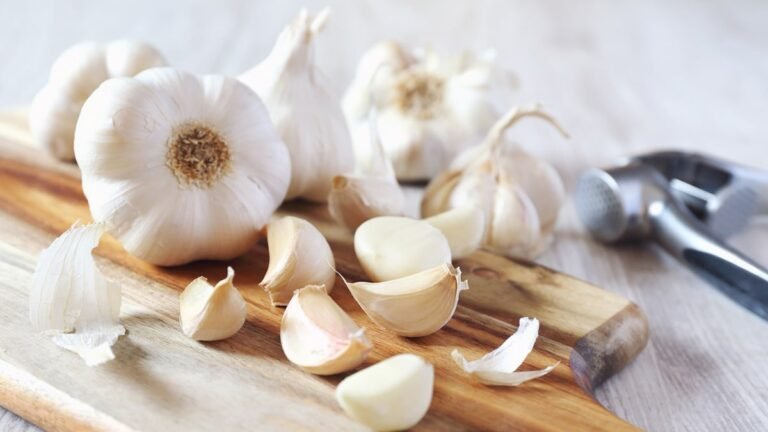The Marvelous Benefits of Beans: Unlocking Their Nutritional Powerhouse
Did you know that beans are one of the most protein-rich plant foods on Earth, with some varieties containing up to 15 grams per cup? This humble superfood not only supports heart health and stabilizes blood sugar levels, but it’s also incredibly versatile and delicious. In this blog post, we’ll explore their remarkable nutritional value and share unique, creative ways to incorporate them into your diet. Get ready to fall in love with these little wonders all over again!
Nutritional Profile: A Treasure Trove of Goodness
Let’s start by breaking down the nutritional profile of beans. Whether you prefer black beans, kidney beans, chickpeas, or lentils, they all have some fantastic benefits in common. Understanding these nutritional benefits is essential, as they can directly impact your health and daily life. For instance, beans are rich in protein, fiber, and essential vitamins, which can boost energy levels, improve digestion, and support overall well-being. Here’s a snapshot of what’s inside:
Rich in Protein
Beans are often hailed as a fantastic plant-based protein source. They contain an impressive amount of protein, making them a staple for vegetarians and vegans alike. Just one cup of cooked beans can give you around 15 grams of protein! This is comparable to other plant-based options like lentils, which provide about 18 grams per cup, and significantly more than quinoa, which offers around 8 grams per cup. This makes beans a particularly unique and versatile choice for boosting protein intake. They aid in muscle repair, immune function, and keeping you feeling full and satisfied.
High in Fiber
One of the standout features of beans is their fiber content. Soluble and insoluble fibers work together to promote healthy digestion, stabilize blood sugar levels, and keep you feeling full longer. This is especially beneficial for those looking to manage their weight. One cup of cooked beans typically offers around 13-15 grams of fiber, which is an excellent way to meet your daily requirements!
Packed with Micronutrients
Beans are a powerhouse of essential vitamins and minerals. Here’s a detailed breakdown of their key nutrients:
- Iron: Vital for oxygen transport in the blood. Adults generally need 8-18 mg per day, depending on age and gender.
- Magnesium: Supports energy production and heart health. The recommended daily intake is 310-400 mg for adults.
- Folate: Critical for cell division and especially important for pregnant women, who require about 400-600 mcg per day.
- Potassium: Aids in managing blood pressure and supports kidney function. The daily target is approximately 2,600-3,400 mg for adults.
By meeting these nutrient requirements, beans contribute significantly to a balanced and healthy diet.
Low in Fat
For health-conscious individuals, beans are a welcome addition to the diet due to their low fat content. They are primarily made up of complex carbohydrates and provide a multitude of health benefits without the extra saturated fats found in many animal products.
Beans are a highly nutritious food that offers a range of health benefits. Here’s a detailed look at the nutritional value of beans per 100 grams (cooked):
Macronutrients
- Calories: Approximately 127
- Protein: 8.7 grams
- Carbohydrates: 22.8 grams
- Dietary Fiber: 6.4 grams
- Sugars: 0.6 grams
- Fat: 0.4 grams
Vitamins
- Folate (Vitamin B9): 130 micrograms (important for cell division and pregnancy)
- Vitamin B1 (Thiamine): 0.2 mg
- Vitamin B6: 0.1 mg
- Vitamin K: 2.3 mcg
Minerals
- Iron: 2.7 mg (important for oxygen transport in blood)
- Magnesium: 27 mg (supports muscle and nerve function)
- Potassium: 405 mg (helps regulate fluid balance)
- Phosphorus: 57 mg
- Zinc: 0.9 mg
Health Benefits of Beans: More Than Just Nutrition
Now that we know beans are bursting with nutrients, let’s talk about the incredible health benefits they offer.
Heart Health
Beans have been shown to support cardiovascular health in numerous studies. Their high fiber, potassium, and magnesium content helps lower cholesterol levels, regulate blood pressure, and reduce the risk of heart disease. Incorporating beans into your meals can be a heart-healthy choice that benefits your cardiovascular system.
Blood Sugar Control
The combination of fiber and protein in beans makes them particularly beneficial for blood sugar regulation. Their low glycemic index helps prevent spikes and crashes in blood sugar levels, making them a smart choice for those with diabetes or anyone looking to maintain steady energy throughout the day.
Weight Management
Looking to shed a few pounds? Beans can be your new best friend! Their high fiber and protein content promote feelings of fullness, reducing the likelihood of overeating. Plus, their complex carbohydrates provide sustained energy without the rollercoaster effect of refined sugars.
Digestive Health
Thanks to their fiber content, beans are fantastic for digestive health. Fiber acts as a prebiotic, supporting the growth of gut-friendly bacteria. This can lead to improved gut health, regular bowel movements, and a reduced risk of digestive disorders.
Reduced Risk of Chronic Diseases
Regularly consuming beans has been linked to a lower risk of several chronic diseases, including type 2 diabetes, obesity, and certain cancers. The antioxidants and phytochemicals found in beans contribute to their protective effects, promoting overall health and longevity.
Creative Ways to Add Beans to Your Diet
Now that you’re buzzing with excitement about the incredible benefits of beans, let’s explore some creative and delicious ways to incorporate them into your meals:
1. Hearty Chili
Nothing warms the soul quite like a big bowl of chili! Incorporate a variety of beans—like kidney, black, and pinto—along with tomatoes, bell peppers, and spices for a comforting and satisfying dish.
2. Flavorful Salads
Beans are the perfect addition to salads. Toss chickpeas, black beans, or white beans into your garden salad to add protein, fiber, and a delightful texture. Drizzle with a zesty vinaigrette for a burst of flavor!
3. Wholesome Soups
Beans can take your soups to the next level. Whether you’re making a creamy bean soup or a chunky vegetable bean stew, you’ll elevate the nutritional value and flavor with the addition of these legumes.
4. Creamy Bean Dips
If you’re looking for a healthy snack, look no further than bean dips! Blend black beans with garlic, lime juice, and olive oil for a tasty hummus alternative, or make a classic refried bean dip for your next gathering.
5. Bean Burgers
Craving a burger? Opt for a bean burger! Most beans can be mashed and mixed with spices and breadcrumbs to create a delicious and nutritious patty. Pair it with your favorite toppings for a satisfying meal.
6. Breakfast Options
Incorporate beans into your breakfast routine by adding them to your morning omelet or burrito. Black beans, for instance, pair perfectly with eggs and avocado for a filling start to your day!
Conclusion: Make Beans a Staple in Your Diet
With their dazzling array of nutrients and numerous health benefits, it’s clear: that beans deserve a spot in every diet! Whether you’re a seasoned bean-lover or new to the legume scene, there are countless ways to enjoy their goodness.
From hearty meals to light snacks, beans are not only versatile and delicious but also a cornerstone of a healthy lifestyle. So, get creative in the kitchen, experiment with different types of beans, and embrace the magic of this nutritional powerhouse. Your body will thank you, and your taste buds will absolutely dance with joy! Happy cooking! 🌱💚



